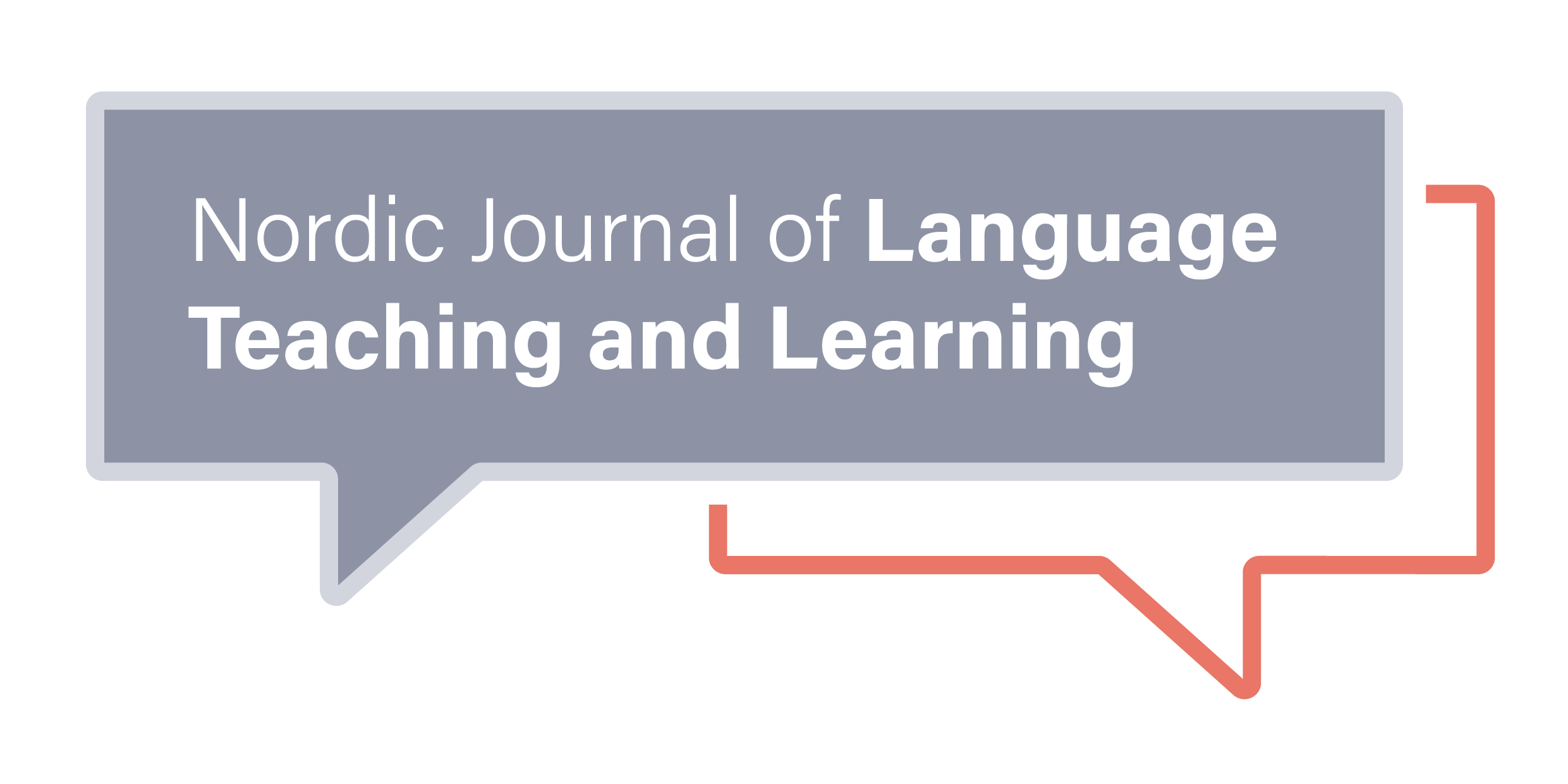Norwegian in-service teachers’ perspectives on language corpora in teaching English
Abstract
This study aims to explore potential reasons why the use of the tools and methods of corpus linguistics are not prevalent in English teaching in Norway, using the research question What do in-service English teachers in Norway find useful about corpora and what do they find challenging? The study provides interview data from in-service teachers, contributing to our understanding of the in-service perspective on corpora. The research design consists of teaching corpus use in seminars for in-service English teachers (featuring LancsLex, the concordancer AntConc and the OANC), integrated into a language course that is part of a further education programme, and semi-structured interviews with four of the students who took the course, during which they also interacted with Netspeak, SKELL and COCA. As with previous research, the in-service teachers found corpora particularly useful for teaching and learning vocabulary, and found challenges to use which are categorized here as usability (criticism of AntConc), IT challenges (a lack of IT skills among teachers), learner-corpus interaction challenges (the complexity of software and concordance lines for pupils; pupil uninterest in language), and lack of teacher need (mistakes being “obvious” to teachers in the lower years). The article discusses some implications of these findings.
Keywords: English language teaching, pedagogical corpus application, corpora

Copyright (c) 2022 Barry Kavanagh

This work is licensed under a Creative Commons Attribution-NonCommercial 4.0 International License.
Authors who publish with this journal agree to the following terms:
a. Authors retain copyright and grant the journal right of first publication with the work simultaneously licensed under a Creative Commons Attribution License that allows others to share the work with an acknowledgement of the work's authorship and initial publication in this journal.
b. Authors are able to enter into separate, additional contractual arrangements for the non-exclusive distribution of the journal's published version of the work (e.g., post it to an institutional repository or publish it in a book), with an acknowledgement of its initial publication in this journal.
c. Authors are permitted and encouraged to post their work online (e.g., in institutional repositories or on their website) prior to and during the submission process, as it can lead to productive exchanges, as well as earlier and greater citation of published work (See The Effect of Open Access).
PRIVACY STATEMENT
The names and email addresses entered in this journal site will be used exclusively for the stated purposes of this journal and will not be made available for any other purpose or to any other party.




